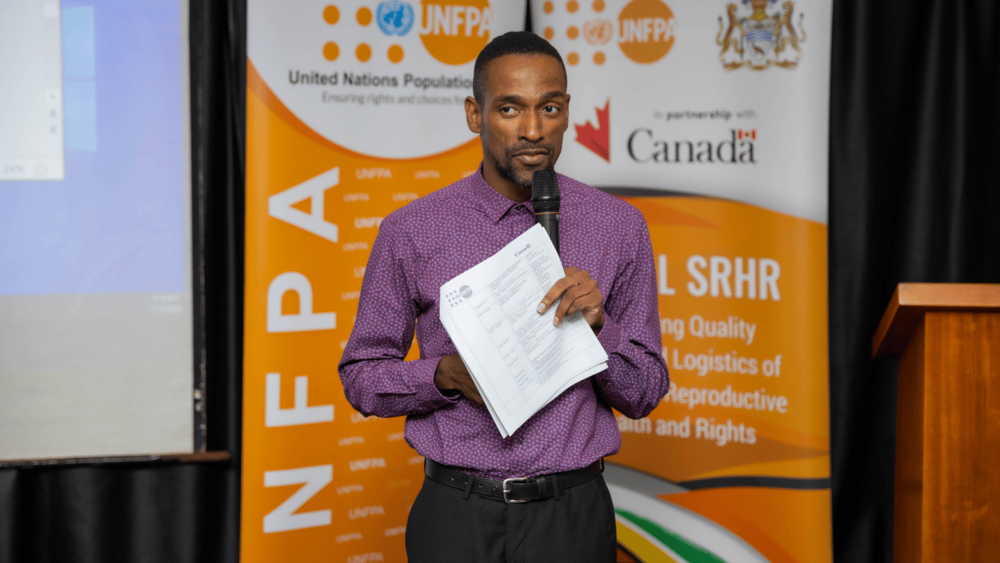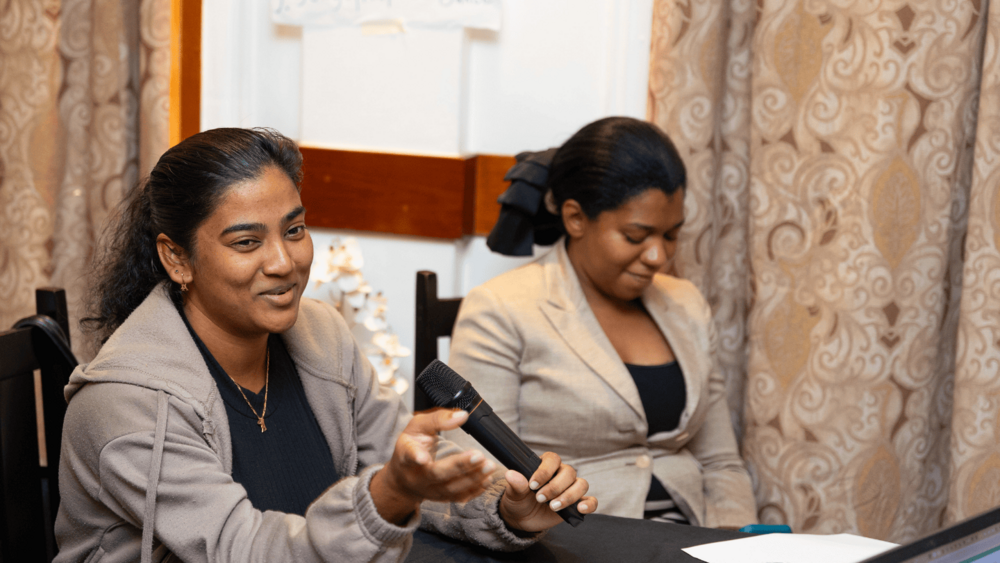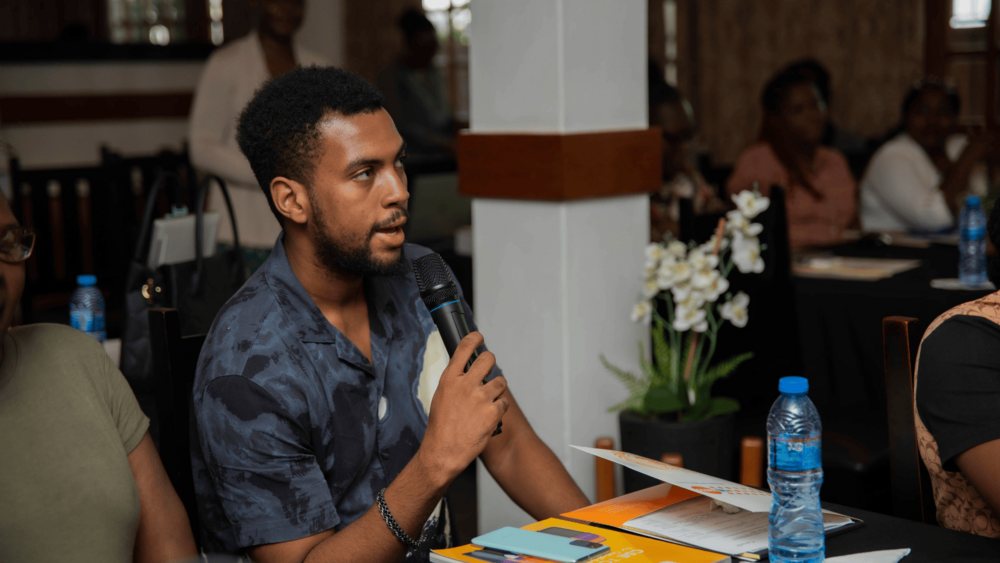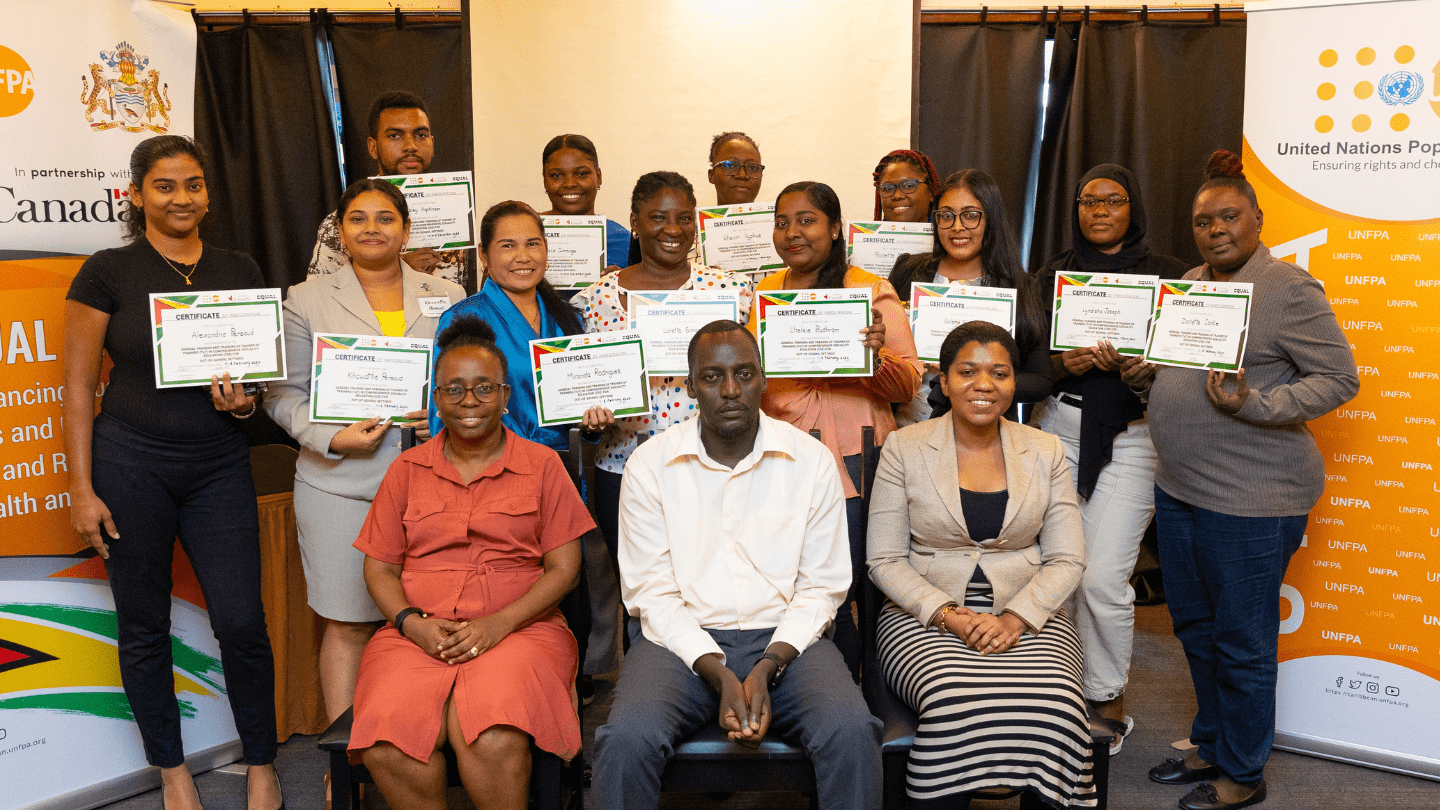Adolescents and youth are recognized as having an important role to play in the sustainable development of their communities and their country. The health and well-being of adolescents and youth is therefore critical, to facilitate such development. The United Nations Population Fund (UNFPA) views the delivery of Comprehensive Sex Education (CSE) as being critical for facilitating good health and well-being of adolescents and youth. In this regard, with funding support from Canada, UNFPA conducted training workshops in Guyana during the last quarter of 2024 to build the capacity of individuals attached to Civil Society Organizations (CSOs) as well as Government entities in its CSE Toolkit for out-of-school settings.

The delivery of out-of- school CSE has the potential to tackle challenging subjects and promote a rights-based approach rooted in gender equality and empowerment, which may not always be feasible or accepted within school settings. Promoting CSE outside of schools is viewed as being imperative recognizing that some adolescents are not in formal educational settings. Furthermore, CSE is most effective when it is connected to sexual and reproductive health services, as well as life skills training that includes violence prevention. Out-of-school programs, such as CSE, can better link children and young people to these essential services, mentors, and other forms of support.
Considering the foregoing factors, the thematic focus of the UNFPA led intervention aims to reduce the prevalence and incidence of teenage pregnancy, intimate partner violence, and sexually transmitted infections. The initiative adopts a non-discriminatory approach, advocating for a comprehensive strategy that encompasses everyone, regardless of their social status, location, gender identity, disability, ethnicity, or sexual orientation.

Participants of the training workshops, following their training in the CSE out-of-school toolkit, will be supported to have their capacity further built to serve as Trainer of Trainers in the delivery of the CSE Toolkit for out-of-school settings. Mentorship and evaluation support will be provided by UNFPA to all trained participants, under its EQUAL SRHR programme that is funded by Canada.



